People called them „homeless“ but the truth is that they are not homeless but money-less.
Like many things in this world, is a question of money.
A human don’t live in a cardboard box just because he likes it.
Perhaps he is suffering by mental disorders, Perhaps is a drug addict or an alcoholic, but he is not living in the box for hese reasons.
I know dozens of crazy people and I can tell you certanly that a lot of them are living in beautifull homes.
Let me see a book which says that an alcohlic is doomed to live on the sidewalk. No, is not a question of cause and effect.
You live in a cardboard box because you can not keep a home.
Even if we are not in a prosperous time, we are travelling more and more on a profits highway, forgetting that lot of people are falling down the road.
Richness produces poverty.
Is a equation, even not so hidden of economic market, which only the hypocrites pretend to ignore.
Bad luck can fall on anyone of us, anytime.
We don’t need a great immagination to remember the various events that bring we down.
Every person are living with the idea of its own destruction and also the happiest and most successful men has in his head some gray area where scenes of horror are represented. A single misfortune divides the majority of us by the state of emergency. More misfortunes, in series, can lead us to ruin.
Adversity can weaken even the strongest, and who are we to belive that the same adversity can not strike us? Are our town, after all, and what happens to them, happens even to us.
These people are not monsters, they are people who are needing help and the respect their dignity.
Imagine, if you can, yourself in a cardboard box, by bad weather, doing the best to keep you warm.

Li chiamano homeless, senzacasa, ma in effetti si tratta di gente senza soldi. Come molte cose al mondo, tutto si riduce a una questione di soldi.
Un essere umano non vive in uno scatolone di cartone perché ne ha voglia. Può darsi che soffra di disturbi psichici, può darsi che sia un tossicodipendente o un alcolizzato, ma non sta nello scatolone perché soffre di questi problemi. Mi è capitato di conoscere decine di matti, e vi assicuro che molti di loro vivevano e vivono in case bellissime. Mostratemi un solo libro in cui si dimostri che un etilista è condannato a dormire sul marciapiede. No, non siamo in presenza di un rapporto causa-effetto. Si vive in uno scatolone di cartone perché non ci si può permettere una altra dimora.
Per i poveri è sempre un momento difficile. Anche se non siamo in un periodo di grande prosperità mondiale, scorrazziamo sempre su una superstrada di profitti sempre più vertiginosi e ci scordiamo che un numero inaudito di esseri umani precipita lunga la carreggiata. La ricchezza produce povertà. E una equazione non poi tanto occulta dell'economia di mercato, che ormai solo gli ipocriti fan finta di ignorare.
La sfortuna può abbattersi su chiunque di noi in qualunque momento. Non occorre troppa fantasia per evocare i vari avvenimenti che possono metterci in ginocchio. Ogni persona convive con l' idea della propria distruzione, e anche l'uomo più felice e di maggior successo ha nel cervello qualche zona di ombra in cui vengono rappresentate senza sosta scene di orrore. Un unica disgrazia divide la maggior parte di noi dallo stato di emergenza. Più disgrazie in serie possono ridurci alla rovina. Le avversità prostrano anche i più forti, e chi siamo noi per credere che le stesse avversità non possano colpire anche noi?
Sono le nostre città, dopo tutto, e quello che succede a loro succede anche a noi. I poveri non sono mostri solo perché non hanno soldi. Sono individui bisognosi di aiuto. Tutto quello che chiedo è che pensiate al tempo, al brutto tempo. E poi, se ce la fate, che immaginiate voi stessi dentro una scatola di cartone, mentre fate il possibile per tenervi caldi.
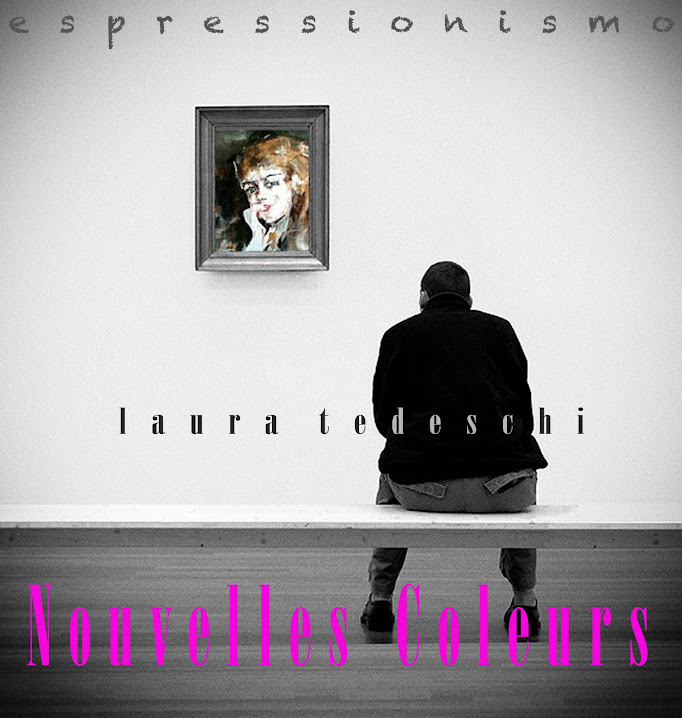






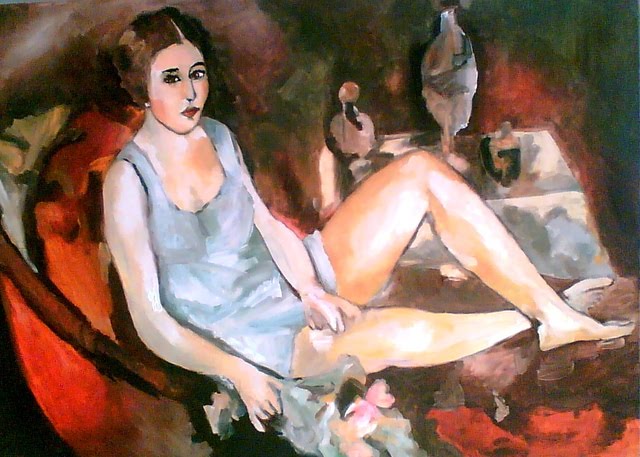




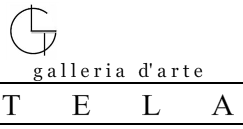
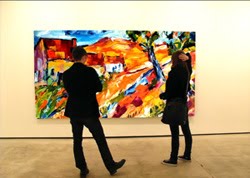
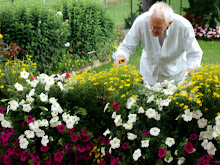














+8.jpg)


